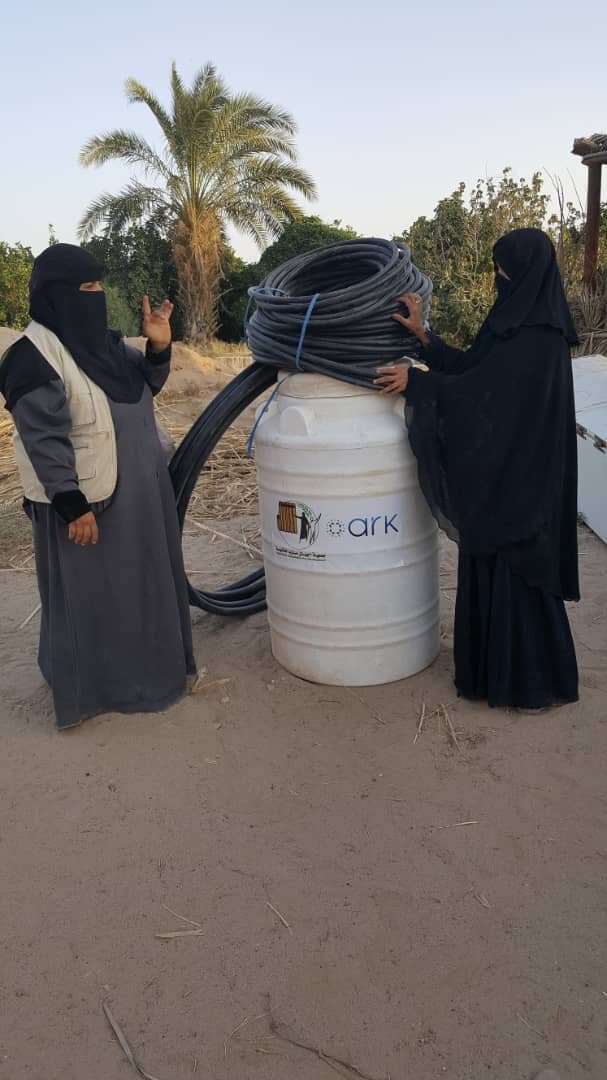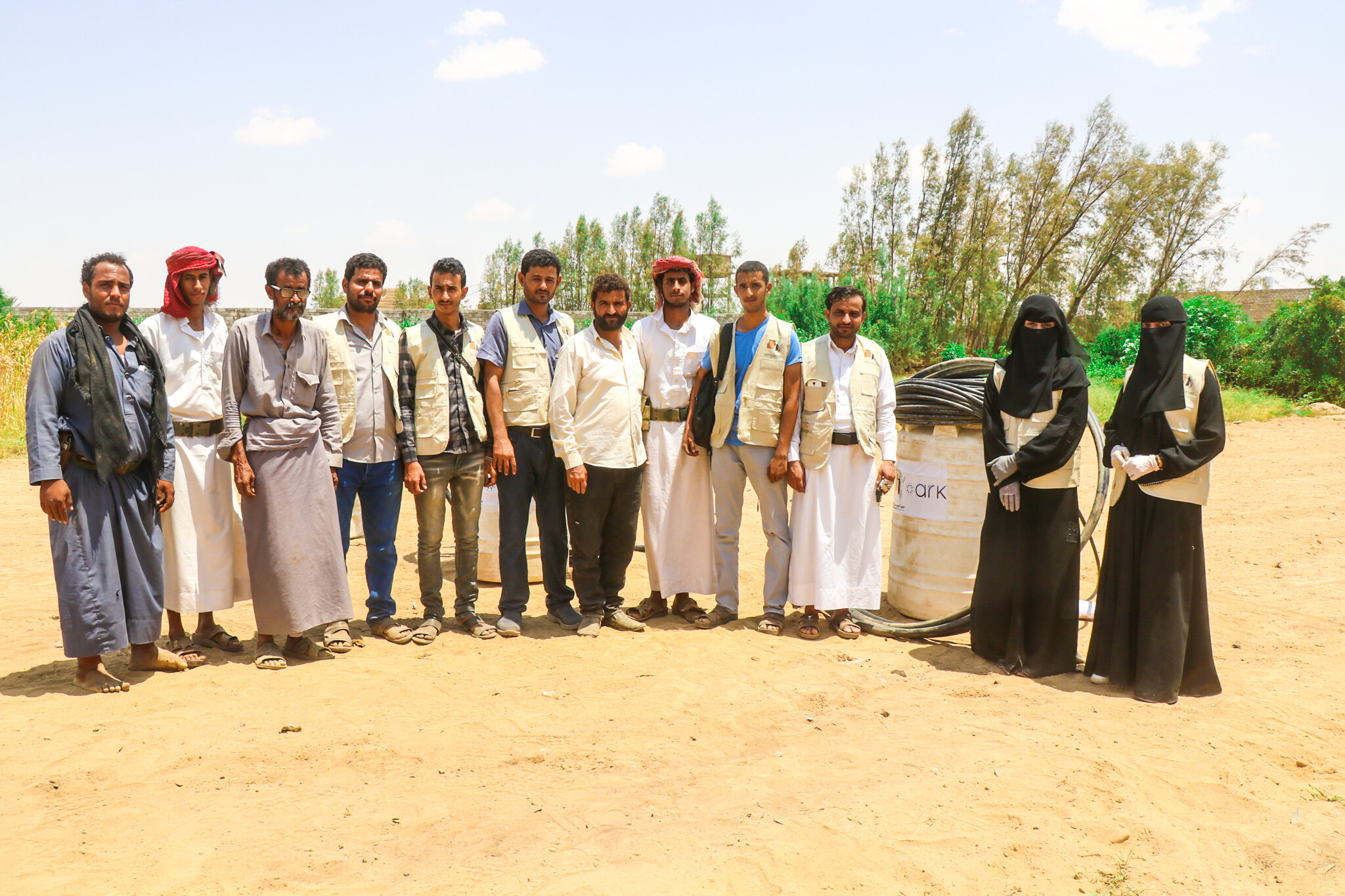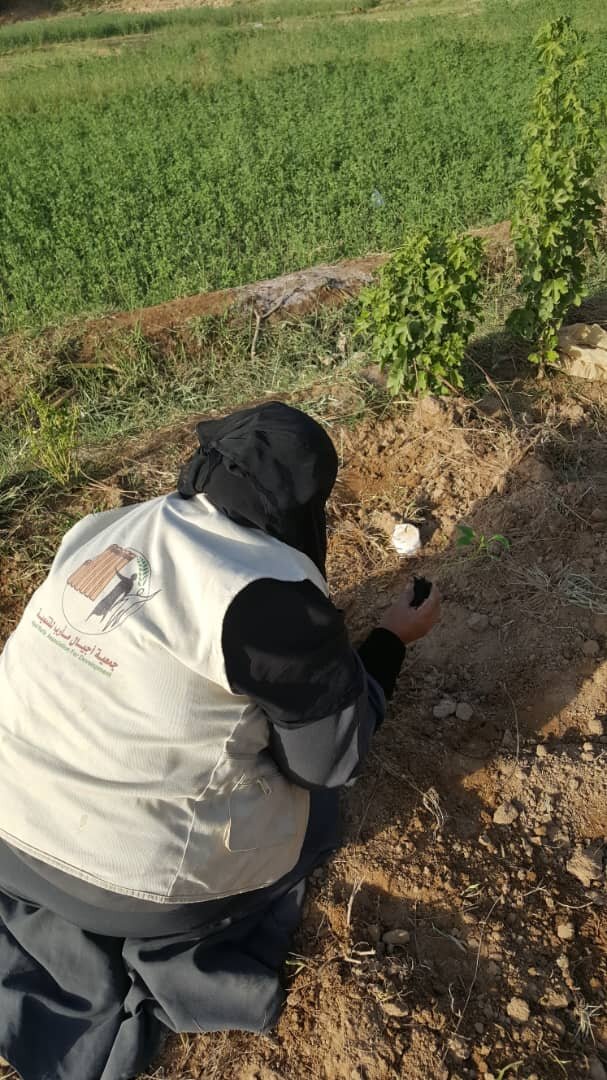The 20th anniversary of UN Security Council Resolution 1325
Twenty years ago, the United Nations Security Council passed Resolution 1325 on Women, Peace and Security recognising for the first time the unique impact conflict has on women and the critical role they play in conflict prevention and resolution.
Since then, nine further UN Security Council WPS resolutions have been passed, nearly 90 countries have adopted their own national plans to translate these resolutions into action and women’s organisations and activists the world over have made their mark in advancing women’s representation. However, it must be noted that progress has been slow. Despite strong support from Member States and women peacebuilders, we still live in a world with war and violence, and where women are disproportionately impacted.
Today, as the world grapples with the spread of COVID-19, the need to prioritise peace is as urgent as ever and we remain fully supportive of the WPS agenda, not just in principle but in practice. At ARK, we are working closely with security agencies, civil society organisations, and community leaders to empower and celebrate women’s successful contributions to human security, sustainable peace, and justice. Here you can find just a few examples of our programmes that seek to advance women’s roles in peace and security:
Preventing Violent Extremism in the Philippines
Although it has been several years since the ISIS siege of Marawi city was finally defeated by Filipino government forces, the risk of a potential resurgence of violent extremism (VE) remains.
As a result, we developed programming that built upon the important societal roles women played in the recent peace process in the Philippines. The project aimed to improve resilience to violent extremism in the Philippines through inclusive and gender responsive engagement of communities in preventing and countering violent extremism. The project supported gender-responsive implementation of the National Action Plan by nurturing the capacity of women and civil society groups to engage decision-makers and advocate for gender-responsive P/CVE programs that address the needs of women and girls through the expansion of a Women Against Violent Extremism (WAVE) civil society network. Also, by supporting WAVE members’ capacity to deliver effective P/CVE interventions we were able to increase gender sensitive support for women and families at risk of radicalisation and recruitment into violent extremism.
Supporting Women Gendarmes into Operational Roles in Jordan
Jordan is one of the few countries in the MENA region with a fully funded National Action Plan (NAP) for UNSCR 1325 (JONAP). The Jordanian National Commission for Women is leading a National Coalition on UNSCR 1325, which has over 60 representatives from government ministries, civil society organisations, the security sector and international partners. The focus of JONAP is to ensure national and regional stability through gender equality and women’s participation, particularly in national peace and security efforts.
We are supporting the Jordanian Gendarmerie in its implementation of JONAP through critical incident response training which includes firearms, search, medical and English language trainings. The incorporation of women in search teams is particularly critical given that cultural norms in Jordan proscribe the searching of female suspects by male security officers. Women are a minority in the Gendarmerie and are mostly employed in office-based roles. With funding from the Government of Canada we are providing training that supports the closer integration of women Gendarmes in operational roles by enhancing their ability to use firearms as well as search individuals, locations and vehicles for concealed weapons during tactical operations.
“In our culture, men take it upon themselves to protect women and tend to their security. This means that extra effort is required of a woman before she is able to stand alone and convince men of her capability to carry out such tasks. Yes, my [male] commanders have confidence in me, but this is not granted automatically. I have to prove myself in order to gain their confidence. Nonetheless, when you take operational training and take up an operational role, this type of protective fear will fade.” Female Warrant Officer- Jordanian security services
Protecting Domestic Workers in Lebanon
Lebanon is home to over 250,000 migrant domestic workers (MDWs), the vast majority of whom are women. Until Sep 2020 migrant domestic workers in Lebanon were trapped within the kafala system, an inherently abusive migration sponsorship system, which increased their risk of suffering labour exploitation, forced labour and trafficking. The deepening economic crisis in 2020 has meant that many of these domestic workers have not received their salaries while others have been abandoned by their employers in the streets and in-front of their home embassies. Many workers wish to return home, but do not have the financial means to do so. In September, a new standard unified contract for migrant domestic workers was adopted by Lebanon’s Labour Ministry. The new contract allows workers to terminate their contract without the consent of their employer and provides essential labour rights. While this is a step in the right direction the “new protections mean little unless the government publicizes them widely and sets up and rigorously implements ways to enforce them.”
In response we are working with INSAN, a Lebanese civil society organization, to advocate for migrant domestic workers’ rights. Through a combined approach of campaigning and advocacy, direct legal, paralegal and psychological assistance as well as direct case management, INSAN are acting to protect vulnerable male and female MDWs from abuse, strengthening their rights and resilience as well as increasing public awareness and pressure on major stakeholders to advocate for the rights of MDWs in Lebanon.
Addressing Food Insecurity and Livelihood Opportunities in Yemen
Globally, women earn less and are more likely to be employed in the informal sector than men. In conflicts like Yemen, women and girls are primarily responsible for caretaking in the household and at the community level, the result of fragile or absent public health and social support systems. COVID-19 has exacerbated an already dire situation and in turn the burden of unpaid care work falls on women and girls. This, together with the existing gender pay gap, and women’s marginalisation from the labour market and women’s overrepresentation in the informal and care sector means the pandemic is likely to disproportionately hinder women’s labour participation and engagement in income generating activities.
As a result, we are supporting male and female-led CSOs across Yemen to provide increased food security and livelihood opportunities. This support includes training in land irrigation and the growth of small home gardens for hundreds of men and women, enabling them to grow food for themselves and their families and to sell surplus supplies at markets. Alongside these types of initiatives, we are working with our partners to support women’s economic empowerment by providing vocational training to unemployed women. In addition, our programming provides vital healthcare training to male and female ‘first responders’ dealing with the pandemic within their communities in Yemen.
Countering Human Trafficking in Nigeria
Nigeria remains a source, transit and destination country for human trafficking. Per the latest Global Slavery Index (2018) Report, Nigeria ranks 32/167 of the countries with the highest number of slaves – 1,386,000 – and its National Agency for the Prohibition of Trafficking in Persons (NAPTIP) reports that the average age of trafficked children in Nigeria is 15, with young women and girls most at risk.
Nigeria and international organisations are trying to curb the threat of human trafficking by increasing the capacity of law enforcement and judicial bodies in Nigeria to deal with the different facets of the problem as well as by creating more judicial and law enforcement cooperation between source/transit countries and destination countries.
ARK is working toward these goals as part of programme funded by the governments of Canada and Switzerland, together with IOM and UNODC. Under the programme ARK is working directly with Nigeria's National Agency for the Prohibition of Trafficking in Persons (NAPTIP) to support the agency's use of strategic communications to create a sustained dialogue with the at-risk populations to reduce and mitigate the risks posed by criminal groups involved in human trafficking.
Amplifying Womens Voices in Iraq
In Iraq, we are working with civil society to train women influencers and citizen journalists to advocate for peace and security in their communities. After years of being side lined and silenced under Daesh’s rule, these brave women are directly tackling some of the toughest social issues that created instability and violence in their communities. For example, an assessment by UN OCHA in June 2020 concluded that Gender Based Violence (GBV) incidents had increased by 62% in Iraq due to COVID-19. We responded by commissioning a survey in Anbar, Diyala and Ninewa to understand if GBV was prevalent and cases of domestic violence had risen. As a direct result of these findings our Gender and Inclusion Advisor delivered gender-focused strategic communication training to our communications partners in Iraq. The training was designed to upskill the groups and ensure they have the tools to mainstream gender into their communications. Following the training, our partners developed and published films to address the issue of GBV and to discourage domestic violence in their provinces.
Twenty years on, there is no doubt that progress has been made in advancing the Women, Peace, and Security agenda worldwide. Yet more needs to be done, particularly in narrowing the gender gap in interventions relating to peace and security. We are proud to have been working with civil society organisations who share our commitment to the promotion and protection of women’s rights and look forward to continuing to demonstrably support the WPS agenda in the months and years ahead.








